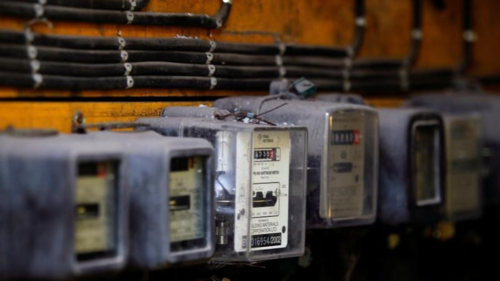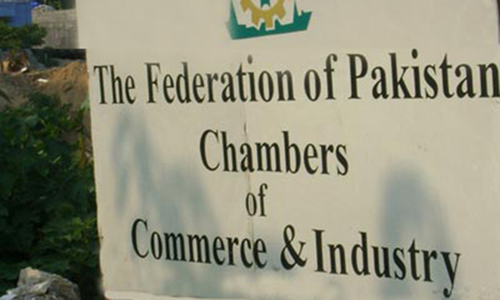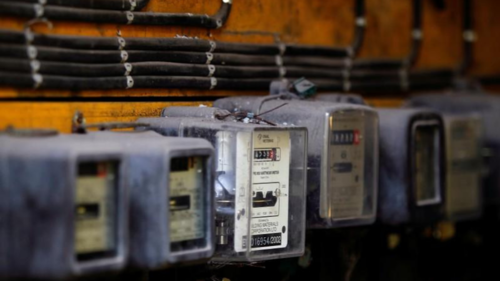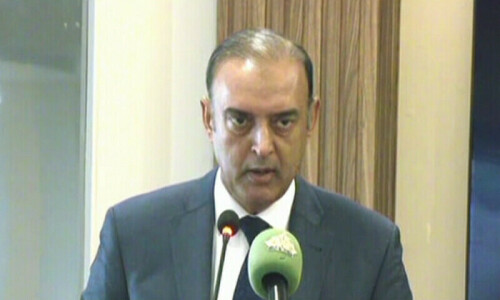ISLAMABAD: The government has started the process of increasing electricity tariffs to generate more than Rs1 trillion additional revenue for distribution companies of ex-Wapda to meet their revenue requirements for the fiscal year 2020-21.
The increases are being sought on account of annual adjustments, indexations of distribution margins for FY2020-21 and some prior-year adjustments in line with agreements reached with international lending agencies.
As part of the process, the National Electric Power Regulatory Authority (Nepra) on Thursday conducted a public hearing on the tariff increase petitions of three major distribution companies (Discos) from Faisalabad, Lahore and Islamabad. The hearing on petitions of other Discos would follow over the next few weeks.
During the hearing, Nepra’s case officers reported that the three Discos — Fesco, Lesco and Iesco — have sought cumulative adjustments of Rs677 billion on account of energy charges, capacity charges, use of system charges, annual operation and maintenance costs, return on regulatory asset base, prior-year adjustments and gross distribution margins.
Rs4-5 per unit hike will be passed on to consumers till December 2022
The hearing was told that the Lahore Electric Supply Company (Lesco) had sought an adjustment of Rs366bn followed by Rs269bn by the Faisalabad Electric Supply Company (Fesco) and Rs42.2bn by the Islamabad Electric Supply Company (Iesco).
A representative of Fesco informed the regulator that the amount of capacity payment was higher than the energy charges and requested reasonable adjustments to cover the company’s financial gap.
The representatives of the other two Discos also gave arguments in favour of their applications, saying that the proposed adjustments were in accordance with the financial requirements and as per the determined policy benchmarks.
The applications of other Discos like the Multan Electric Power Company, Gujranwala Electric Power Company, Peshawar Electric Supply Company, Tribal Electric Supply Company, Hyderabad Electric Supply Company, Sukkur Electric Power Company, and Quetta Electric Supply Company will be considered for hearing in the weeks to come.
According to the plan shared with the International Monetary Fund and as part of the Circular Debt Management Plan, an increase of Rs4-5 per unit will be passed on to consumers till December 2022.
Under the tariff mechanism, changes in fuel cost are passed on to consumers only on monthly basis through automatic mechanism while quarterly and annual tariff adjustments on account of variation in power purchase price, capacity charges, variable operation and maintenance costs, use of system charges and including impact of transmission and distribution losses are built in the base tariff by the federal government.
Published in Dawn, April 23rd, 2021














































